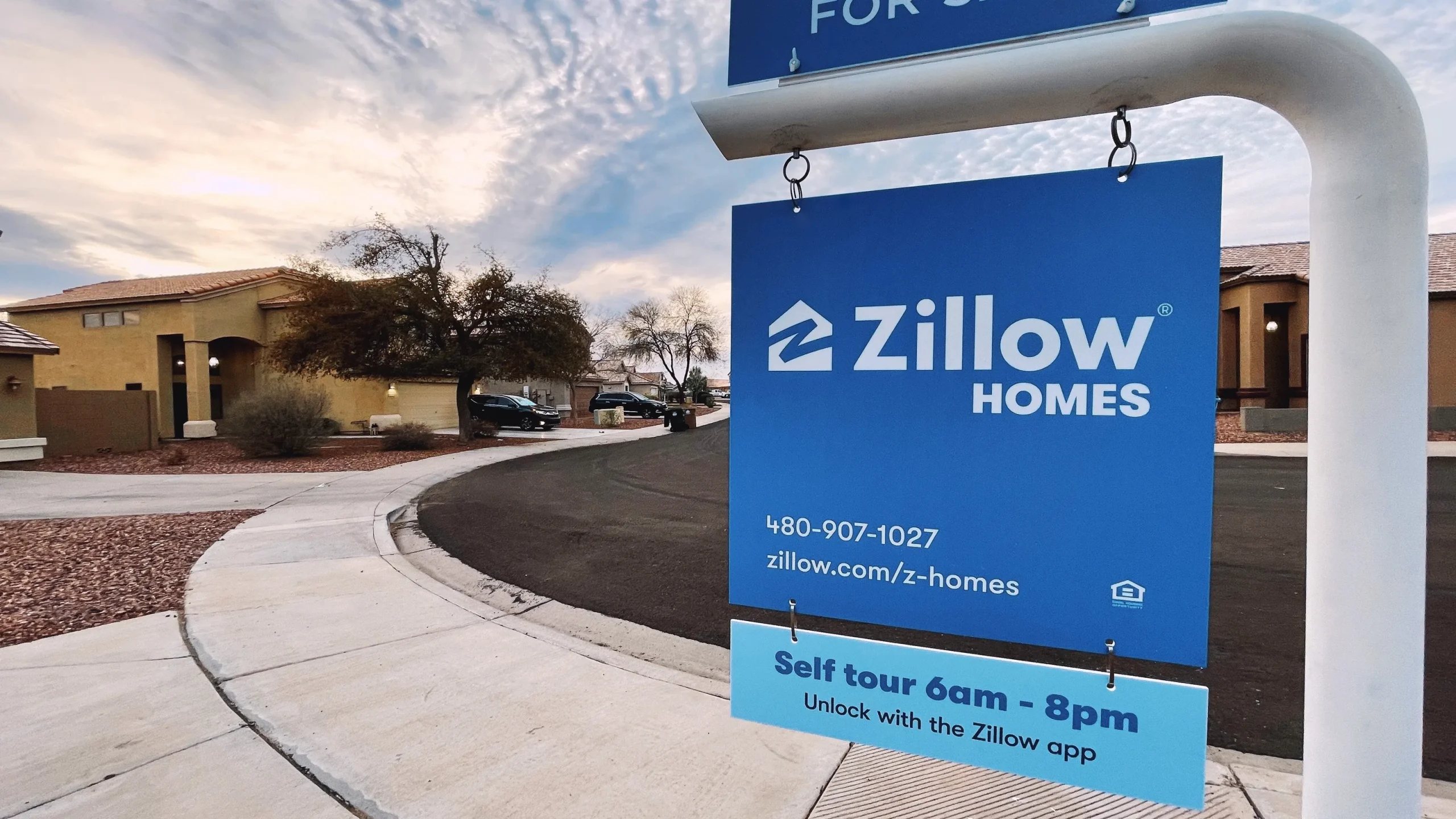Zillow’s Transformation of the Real Estate Experience through Technology

Zillow has established itself as a leader in the real estate sector, redefining how properties are searched, analyzed, and transacted. With a focus on innovation and user-centric solutions, Zillow has significantly improved transparency and efficiency in the real estate market.
Challenge:
The traditional real estate experience was often cumbersome, requiring multiple visits to agents, reliance on outdated property databases, and a lack of personalized insights. Zillow identified the need for a modern, data-driven platform that could provide accurate market insights, streamline property searches, and enhance the overall user experience.
Strategy:
Zillow implemented several key strategies to achieve its goals:
Advanced Analytics for Personalized Recommendations: Using detailed behavioral data from its users, Zillow developed algorithms to suggest properties based on search history, demographics, and preferences. By analyzing patterns—such as user interest in specific amenities or price ranges—Zillow enhanced its recommendation accuracy, ensuring users found properties that matched their needs.
Zestimate Tool: The Zestimate feature provides estimated home values using machine learning and big data. This tool analyzes recent sale prices, property characteristics, and neighborhood trends to deliver precise, real-time market insights.
Enhanced Mobile Experience: Recognizing the shift towards mobile usage, Zillow optimized its app for seamless property browsing. The app integrates augmented reality (AR) and 3D visualizations, enabling potential buyers to explore properties virtually, reducing the need for site visits.
Green Marketing and Sustainable Development: Zillow also markets eco-friendly properties, appealing to environmentally conscious buyers. This approach highlights energy-efficient homes and sustainable construction practices, aligning with broader societal trends.
Results:
Zillow’s initiatives yielded significant outcomes:
- User Engagement: Improved personalization and an intuitive interface led to increased time spent on the platform and higher conversion rates.
- Market Leadership: Zillow became a trusted name in the industry by prioritizing data accuracy and user trust.
- Revenue Growth: Enhanced customer acquisition strategies, combined with targeted advertising opportunities for real estate professionals, contributed to substantial revenue growth.
- Global Expansion: Data-driven insights allowed Zillow to scale its operations effectively, entering new markets with tailored offerings.
Lessons for Other Industries:
- Adopting Data-Driven Strategies: Businesses across industries can use advanced analytics to understand customer behavior better and provide personalized solutions.
- Leveraging Technology for Customer Engagement: Integrating modern technologies like AR and AI can significantly enhance user experiences and build trust.
- Focusing on Sustainability: Emphasizing environmentally friendly practices can appeal to a growing demographic of conscious consumers.
Conclusion:
Zillow’s case exemplifies how the integration of technology, analytics, and customer-centric solutions can revolutionize an industry. For businesses looking to transform their operations, Zillow’s approach serves as a benchmark for innovation, adaptability, and growth.

